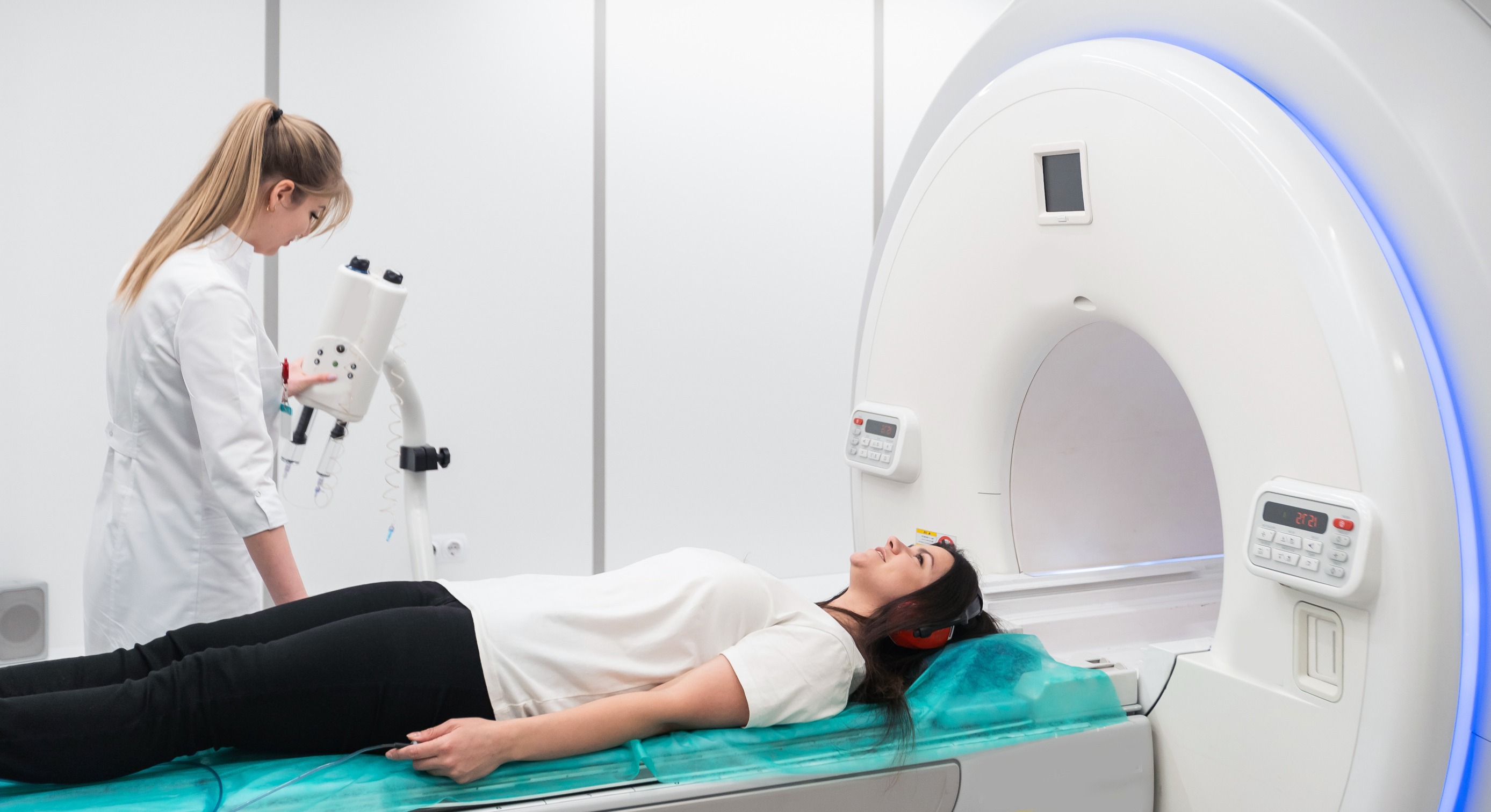Combined PET-MRI Scan Improves Treatment for Early Breast Cancer Patients
Posted on 21 Mar 2024
The typical diagnostic path for early breast cancer patients often involves mammography, ultrasound, and occasionally MRI scans. Now, a new study has found that using a combined scanning technique can enhance treatment decisions for nearly 30% of patients with early-stage breast cancer.
The study by researchers at San Raffaele Hospital (Milan, Italy) revealed that combining positron emission tomography with magnetic resonance imaging (PET-MRI) can detect early indications of tumor spread. This dual scanning technique allows doctors to identify patients who might benefit from a change in their treatment plans, such as the introduction of chemotherapy or an alternative surgical method. PET-MRI is a fairly recent innovation and is mostly applied in research settings. This study involved 205 patients undergoing treatment at San Raffaele Hospital from July 2020 to October 2023. Before proceeding with breast-conserving surgery to excise the tumor, each patient underwent a PET-MRI scan to check for cancer's spread within the breast, nearby areas, and throughout the body.

The findings led to a change in the treatment strategy for 57 of the 205 patients (27.8%). Among these, 18 received chemotherapy as an initial treatment, while 39 underwent varied surgical procedures, including mastectomy, the excision of additional lymph nodes, or operations on both breasts. Notably, in 12 of these 57 cases (21%), the additional tissue removed during surgery was found to be non-cancerous. The researchers are embarking on a subsequent study employing a modified PET-MRI technique aimed at detecting breast cancer cells stimulated by estrogen, offering potential advancements for diagnosing lobular breast cancer, which is typically more challenging to detect through standard mammograms or ultrasound scans.
“Our research suggests that for patients with early breast cancer, the addition of a PET-MRI scan to standard care could help us make more informed decisions about the best treatment pathway,” said Dr. Rosa Di Micco, a breast surgeon at IRCCS San Raffaele University and Research Hospital. “However, results of this technique are still affected by a high percentage of false positives and should therefore be confirmed by further testing.”
Related Links:
San Raffaele Hospital














